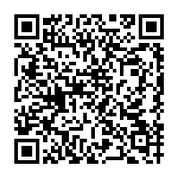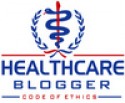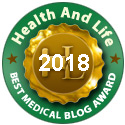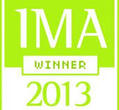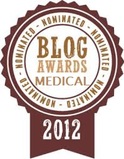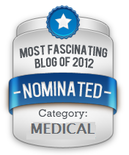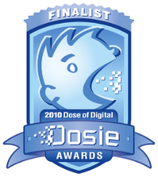What drew my attention was the list of comments at the end of the article. I was expecting the usual range of indignant comments about millionaires/scientists/Americans trying to play God, with perhaps one or two people sticking up for the pariah. Surprisingly, not a single comment had been posted (at the time of my reading) that disapproved of Graham’s project. Evidently the BBC readership is content to accept favorable genetic constitutions as marketable commodities. This is truly a unique marketing strategy.
What surprised me more was that one reader had written:
"In Britain most sperm is donated by students, especially medical students, so in all probability your 'donor' is going to be much brighter than average anyway.”
This was news to me. I cannot say that I had previously put much thought into the exact provenance of banked sperm, but I can see how it might draw students. It’s money for tugging old rope. And I suppose that medical students would be more likely than other flavors of student to consider selling their sperm because (a) they’re used to handling their own bodily fluids, (b) they hang around the kind of places where fertility clinics are advertised, (c) they have a pragmatic approach to recombining genetic material and (d) they have six years of student debt to pay off. Also, they tend to be a bit weird. I can understand how they might have come to be the stereotype of impoverished sperm donors, but is there any truth to the cliché?
As it turns out, the answer is no. Despite casual assertions on various web pages, including another BBC article, that most sperm donors are students (particularly medical), the Human Fertilization and Embryology Authority maintain that today most donors are aged over 30, with the most common age band being 36-40. However, 11 years ago nearly 70% of donors were under 30, with those aged 18-24 being the most seminally generous. The HFEA web site does not give a profile of the donors according to profession, so I cannot say how many of them were medical students.
However, I'd like to think that there are a disproportionate number of ten-year-olds running around today with unusual predispositions towards autopsying their dolls and palpating their playmates. These will be the doctors of 2020!

 RSS Feed
RSS Feed
